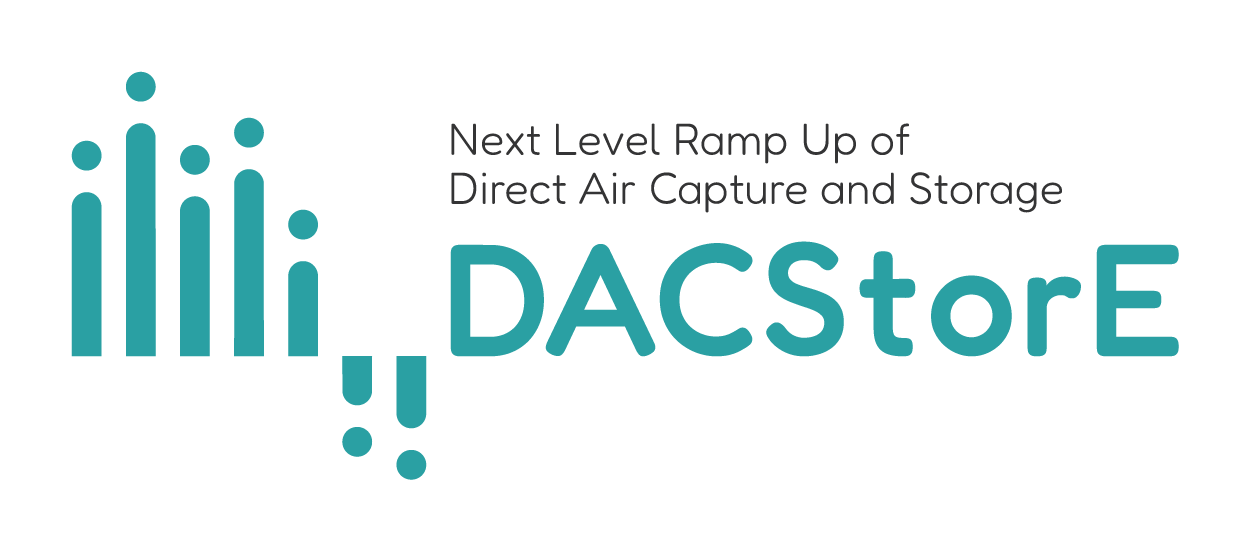Research School Project
Overview
The Research School Project allows PhD students to undertake self-organized projects in teams of 2-4, working independently from their own PhD research topics. These interdisciplinary projects aim to increase societal awareness of NETs, encouraging creative solutions that bridge scientific knowledge with public engagement.
Goals and Competencies
Participants in the NETs@Helmholtz Research School will develop:
- Interdisciplinary and transdisciplinary skills for comprehensive problem-solving.
- A strong foundation in scientific communication, project management, and teamwork.
- Promote DACS technology for society, and promote the DACStorE project to the scientific community, or the society
- Technical skills for implementing NETs solutions and promoting DACS (Direct Air Capture and Storage) technologies.
Possible Project Outputs
Projects should focus on knowledge transfer and may include:
- Educational tools: Experiments, lecture notes, or practical courses.
- Exhibits and Demonstrations: Prototypes for workshops, such as the ‘Girls macht MI(N)T’ initiative, exhibits for fairs and outreach events, interactive visualizations for DACStorE.
- Community Engagement: Events with, or for, citizens, workshops, games, apps, podcasts, or videos.
- Publications: Articles, white papers, instructional content for schools or universities.
Evaluation Criteria include:
- Value to Society or to the DACStorE Transformation Hub: Projects should contribute positively to public understanding of NETs and awareness of the DACStorE project.
- Timeline and Feasibility: Projects are expected to be completed within one year, with flexibility in work hours as determined by the team.
- Sustainability: Project applications should include a description of a possible path towards implementation and sustainability (future impact and availability after the project ends).
Last Modified: 15.04.2025








